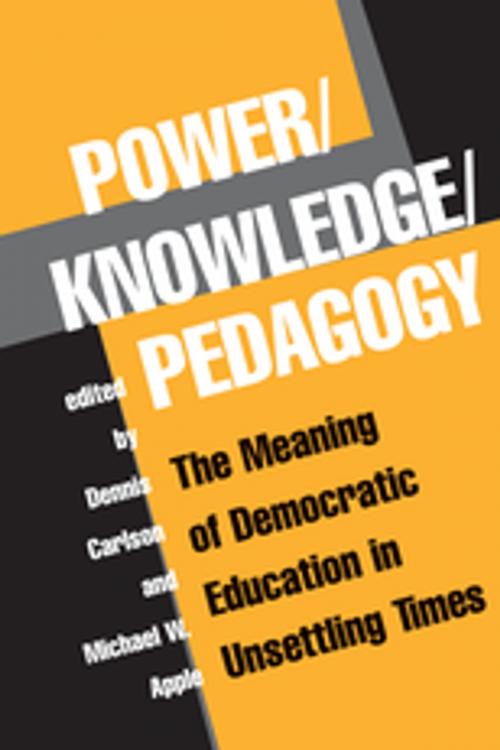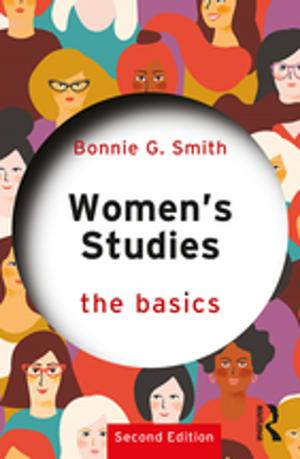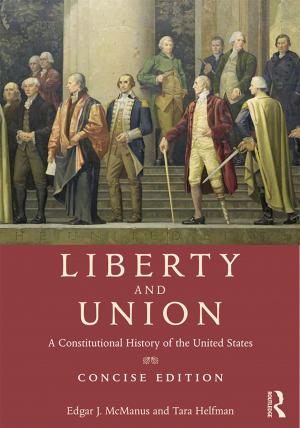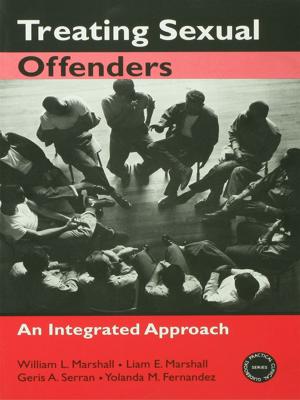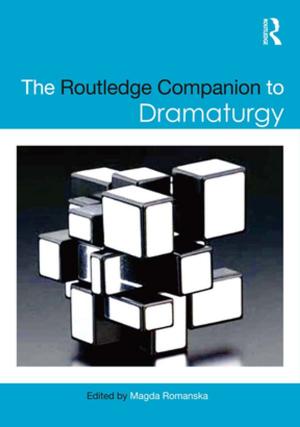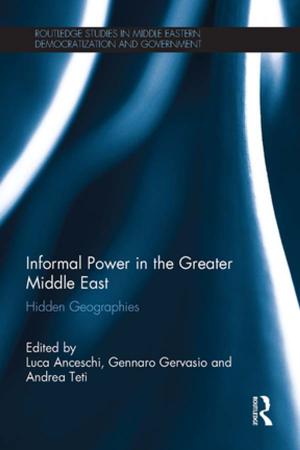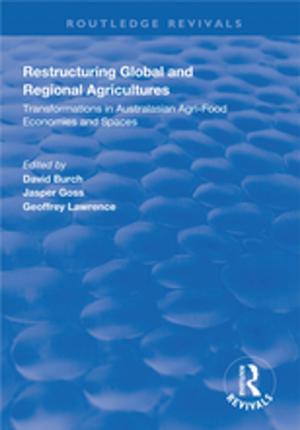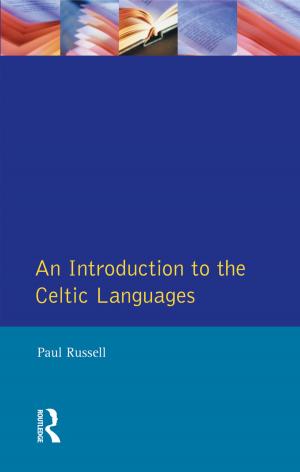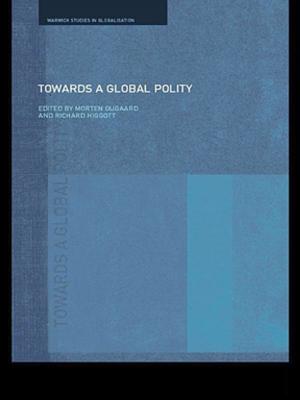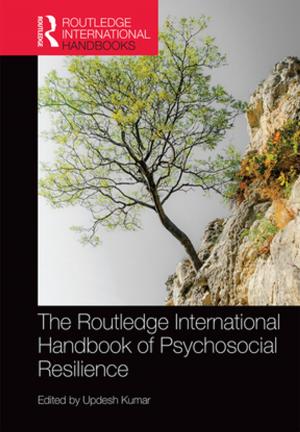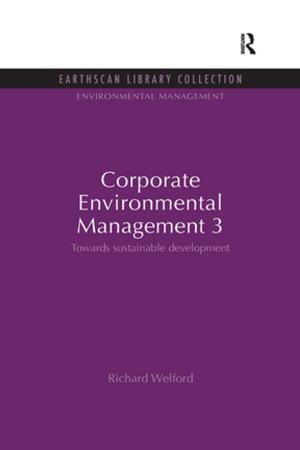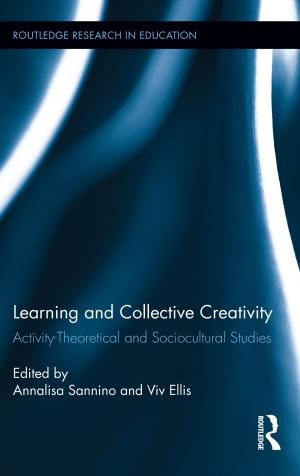Power/knowledge/pedagogy
The Meaning Of Democratic Education In Unsettling Times
Nonfiction, Reference & Language, Education & Teaching| Author: | Dennis Carlson | ISBN: | 9780429977695 |
| Publisher: | Taylor and Francis | Publication: | March 5, 2018 |
| Imprint: | Routledge | Language: | English |
| Author: | Dennis Carlson |
| ISBN: | 9780429977695 |
| Publisher: | Taylor and Francis |
| Publication: | March 5, 2018 |
| Imprint: | Routledge |
| Language: | English |
The essays in this volume explore the educational implications of unsettling shifts in contemporary culture associated with postmodernism. These shifts include the fragmentation of established power blocs, the emergence of a politics of identity, growing inequalities between the haves and the have-nots in a new global economy, and the rise in influence of popular culture in defining who we are. In the academy, postmodernism has been associated with the emergence of new theoretical perspectives that are unsettling the way we think about education. These shifts, the authors suggest, are deeply contradictory and may lead in divergent political directions?some of them quite dangerous. Power/Knowledge/Pedagogy examines these issues with regard to four broad domains of educational inquiry: state educational policy and curriculum reform, student identity formation, the curriculum as a text, and critical pedagogy. The book contributes to the dialogue on the forging of a new commonsense discourse on democratic educational renewal, attuned to the changing times in which we live.
The essays in this volume explore the educational implications of unsettling shifts in contemporary culture associated with postmodernism. These shifts include the fragmentation of established power blocs, the emergence of a politics of identity, growing inequalities between the haves and the have-nots in a new global economy, and the rise in influence of popular culture in defining who we are. In the academy, postmodernism has been associated with the emergence of new theoretical perspectives that are unsettling the way we think about education. These shifts, the authors suggest, are deeply contradictory and may lead in divergent political directions?some of them quite dangerous. Power/Knowledge/Pedagogy examines these issues with regard to four broad domains of educational inquiry: state educational policy and curriculum reform, student identity formation, the curriculum as a text, and critical pedagogy. The book contributes to the dialogue on the forging of a new commonsense discourse on democratic educational renewal, attuned to the changing times in which we live.
